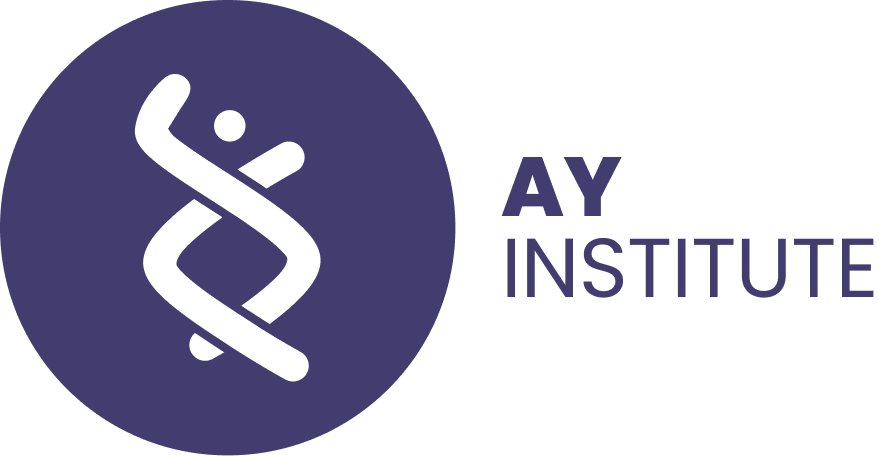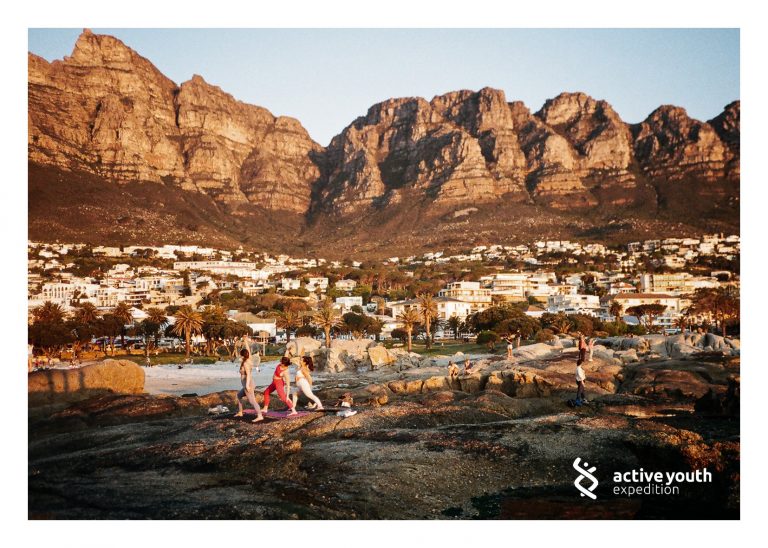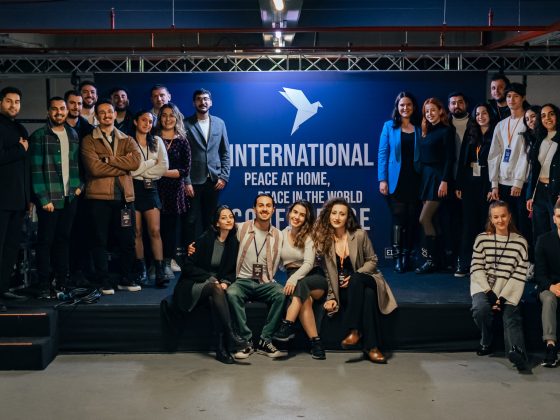Erasmus Capacity Building projects are for organisations that wish to increase their capacity to work and cooperate transnationally. It’s one of the few Erasmus+ actions that target Partner countries (e.g. countries outside of EU / EEA). Read on and you will get to know all about applying to Erasmus Capacity Building in the field of youth (2021-2027).
- In short: this post gives all the key information about 2021-2027 Erasmus+ Capacity building projects in the field of youth (CBY)
- Est. reading time: 4 minutes
About the author: Active Youth Association has been successfully leading CBY projects since 2017. These have addressed different topics and involved a wide range of partners. Moreover, we have supported other organisations with their Erasmus+ CBY applications (find good examples at the bottom of the post).
Is Erasmus Capacity Building project call for you / your organisation?
Answer the following questions and you’ll know. Have you ever:
- thought that you have so many ideas in the field of youth, but lack resources to implement them?
- wanted to improve the skills of your organisation members?
- considered strengthening/renewing your work methods?
- been looking for ways to learn good practices from other countries?
- wanted to go abroad and share knowledge with colleagues from all over the world?
If you answered at least one of the questions with a YES, then you should give Erasmus Capacity Building projects a try. Don’t know much about it? No worries, because we will explain all about this Erasmus+ project call here.
What is an Erasmus Capacity Building project?
Erasmus+ Capacity Building (in the field of youth) projects (primarily) aim to: 1) increase the capacities of youth organisations; and 2) promote and support non-formal education (NFE) and youth work in Partner countries (i.e., countries outside of EU/EEA).
- Requirements: the organisations must work in the field of youth (as the name of the call suggests). The leading partner must come from EU / EEA.
- Eligible countries: currently limited to Programme countries + Eastern Partnership or Western Balkans or Southern Mediterranean
- Size of partnership: at least 4 organisations from 3 different countries (note that the number of organisations from Partner countries must be equal to or lower than the number of organisations from Programme countries)
- Duration: from 12 to 36 months
Within a CBY Project you can find:
1. Capacity Building Activities
Main aims:
- contribute to policy dialogue (promote cooperation with public authorities), networking, exchange of good practices
- promote cooperation with organisations active in the field of labour (employment/career centres) and education/training (e.g. universities)
- enhance abilities of youth workers, support development of youth work, strengthen youth cooperation.
Examples: conferences, workshops, meetings, games, round tables, large-scale youth events, seminars, development of youth work methods, tools, materials, training modules, open educational resources (OER), awareness campaigns, communication schemes, etc.
2. Mobility Activities
Main aims: to test tools and methods developed by the partnership (during the capacity building activities). Examples: youth exchanges, volunteering activities, mobilities of youth workers (i.e. training courses).
Please note that mobility activities must be secondary to the main objectives of the action, and must be instrumental to and underpin the achievement of these objectives.
Benefits of taking part in an Erasmus Capacity Building project:
- Financial support to your organisation/activities (see below)
- Opportunities to learn from and share with other organisations (based in EU and other continents)
- Boosted skills (practical and lingual) of your employees/beneficiaries
- Expanding cultural awareness
- Network and increased capacity to operate internationally
What funds are available for CBY projects?
Available grant: from 100.000 to 300.000 EUR (used to be up to 150.000 EUR in the previous programme). However, the funding rate is capped to a maximum of 80% of the estimated real costs (at least 20% of your own funding will be needed)
What are the requirements for partner organisations?
- Applicant can be any public or private organisation active in the education, training and/or youth fields. For example, an NGO, national youth council, public bodies at the local, regional or national level. The list is longer for partner organisations (see below)
- Partner organisations must have been legally registered for at least one year
- All partners need to have/obtain PIC number. It can be obtained here
Looking for a way to stand out with your PIF? Read this post.
Who can be partners in a CBY project?
- NGO’s
- school/institute/educational center;
- social partner or other representatives of working life, including chambers of commerce;
- craft/professional associations and trade unions;
- higher education institution;
- research institute;
- foundation;
- inter-company training centre;
- cultural organisation, library, museum.
If your organisation’s type is one of those mentioned above, you can be a partner in CBY project.
How to find someone who is looking for CBY project partners?
- Salto Youth
- EU Partner Search
- EPALE Partner search
- Facebook. There are different groups called “Erasmus + partners” (and similar). Here you can see find posts of organisations, which are looking for potential partners for Erasmus+ projects. Also, these groups are a place to promote your own organisation / express a wish to become partners in such projects
- Lastly, consider us! See our Partner Information File (PIF) (it’s safe to say we have considerable experience and expertise)
Check our blog post on how to find a reliable Erasmus+ partner here.
How does submitting an Erasmus Capacity Building Application work?
- The applicant and all partners must have a PIC number issued through the registration on the Participant Portal
- The application form has to be filled in and submitted (in one of the EU official languages). eForm + compulsory annexes (e.g. budget table) can be downloaded here
When is the deadline?
A capacity-building project can be submitted only once a year (usually around start of March). The results are to be expected approx. 6 months after the submission of the application.
Any more tips on how to write/improve CBY project proposal?
How about a step by step guide on the most common problems found in CBY applications (plus tips on how to avoid them)? Read on here.
How about other calls?
Learn more about:






